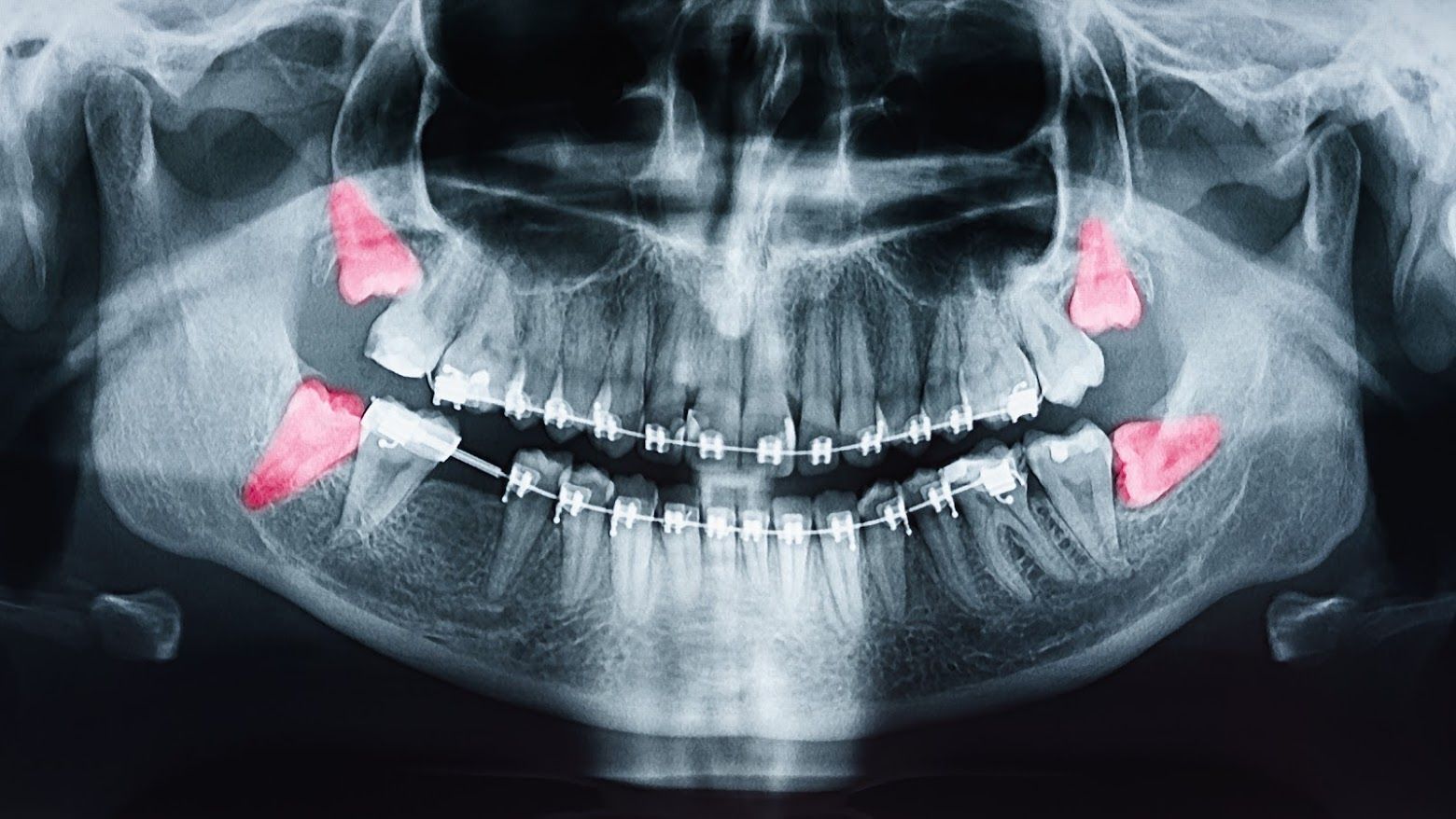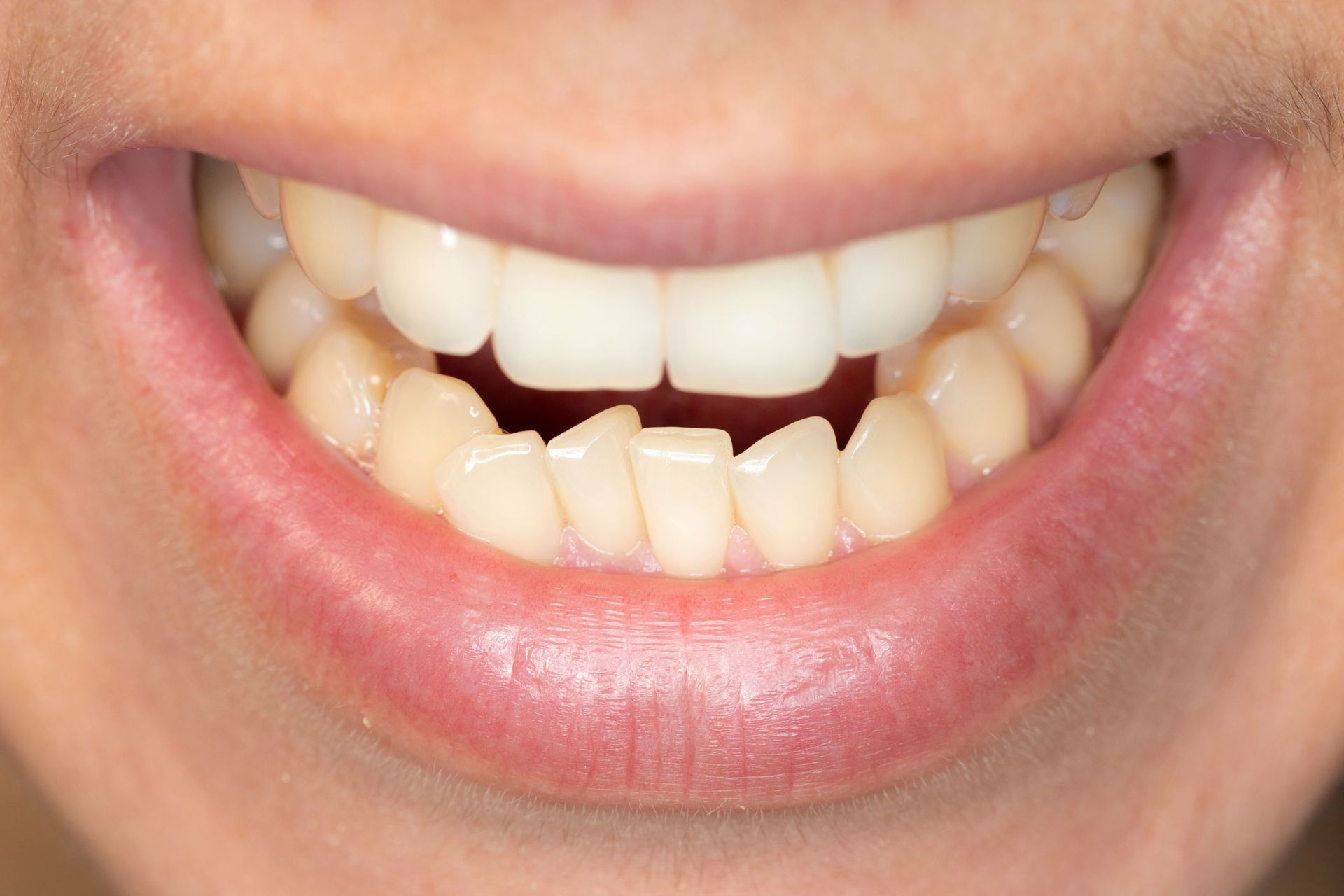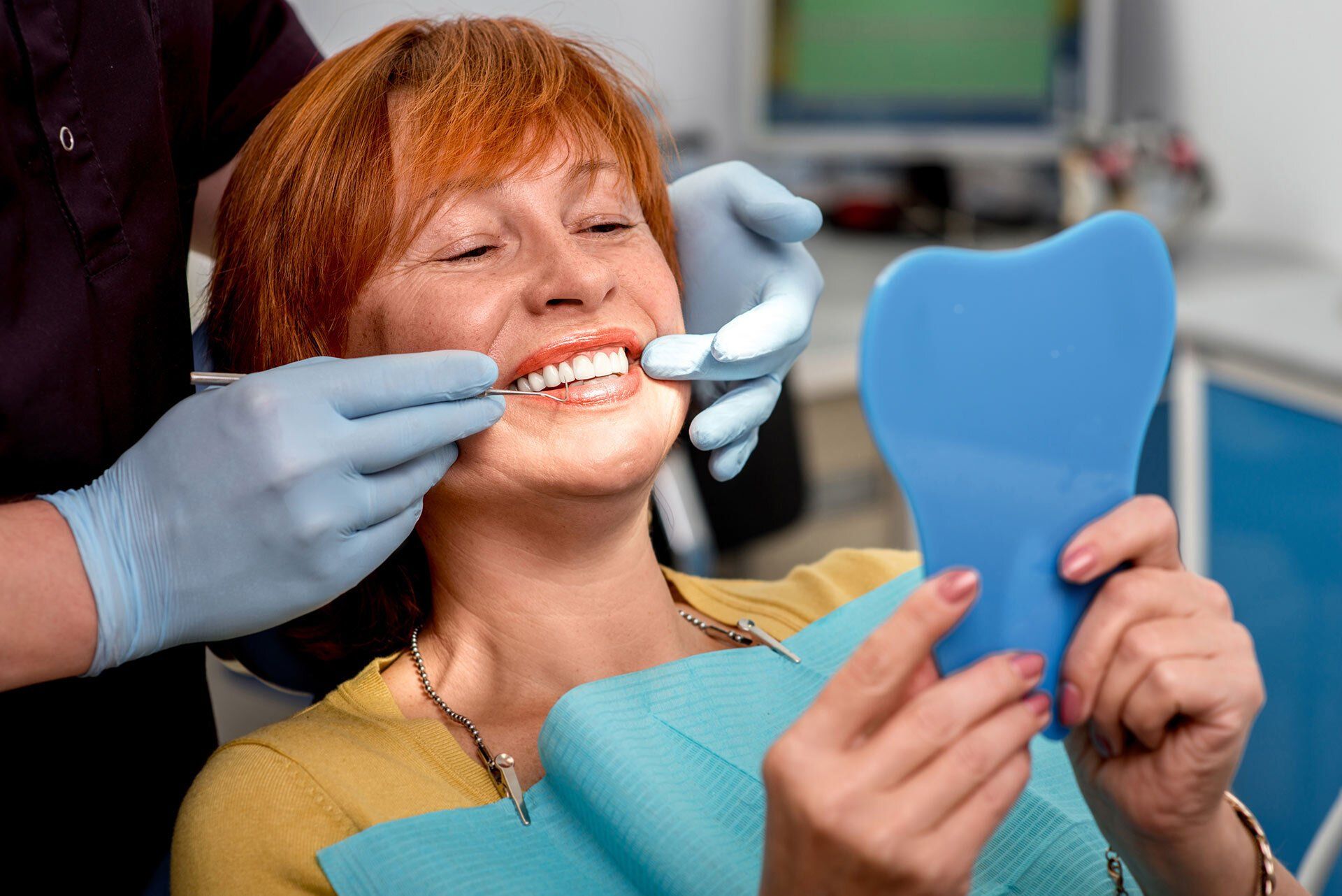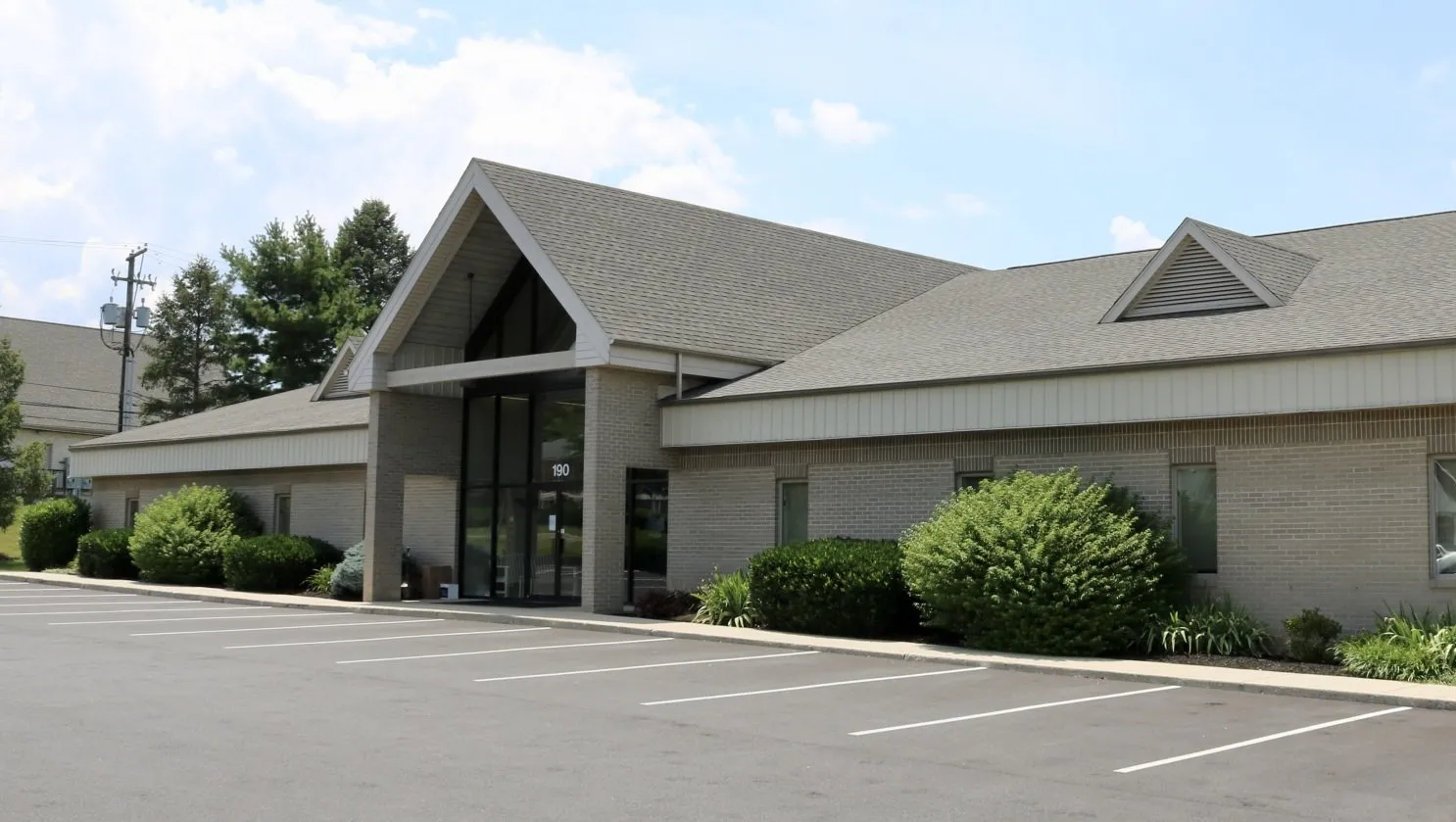Lancaster Office
Hershey Office
Lititz Office
Reasons Why You Should Consider Sedation Dentistry
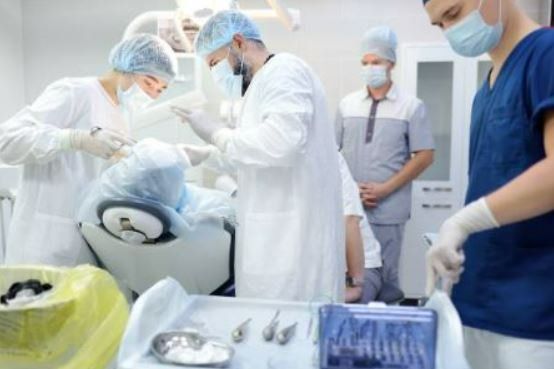
Regular dental visits are essential for maintaining dental health. However, visiting the dentist is a daunting experience for some people. There are times extreme anxiety causes some patients to postpone routine dental appointments, which may result in larger problems in the future. When patients are referred to an oral surgeon for surgery, sedation may be something to consider if the thought of someone probing in your mouth brings intense fear and anxiety.
The oral surgeons at Conestoga Oral Surgery are fully trained to provide the entire spectrum of anesthesia including local anesthesia, nitrous oxide, and deep sedation/general anesthesia depending on the needs of the patient. By administering small and safe amounts of medications through an IV, the patient can rest easy during their surgery. In addition to our knowledgeable surgeons, all of the assistants at Conestoga Oral Surgery are required to pass the DAANCE (Dental Anesthesia Assistant National Examination). This difficult exam prepares our surgical assistants to help your surgeon by keeping you safe throughout the pre-operative, surgical, and post-operative phases of your visit. While many offices do not require their staff to pass this exam, at Conestoga Oral Surgery, we maintain very high standards for our staff must meet to provide you with the best care possible.
Below are some reasons to consider sedation dentistry for your next oral surgery appointment:
Pain/Pressure Free Environment
Whether awake or asleep, your oral surgeon will administer local anesthesia, which will numb the surgical area. This ensures that the patient does not experience pain or discomfort during the procedure. However, for procedures like a tooth extraction or dental implants, the patient can experience intense pressure. For many patients this can increase feelings of nervousness and fear. Sedation dentistry offers the perfect solution to this problem.
After the oral surgeon administers IV anesthesia, the patient remains in a sleep-like state throughout the procedure. Local anesthesia is still administered to numb the surgical area after you are sleeping. With the combination of local anesthesia and sedation, the patient remains comfortable and the procedure is completed in a quick and efficient manner.
Reduced Anxiety Levels
Sitting through a dental procedure can be an overwhelming experience if you have dental anxiety. Many patients also have an intense fear of needles in their mouth. Various sedative options can be considered based on the specific needs of the patient.
Some patients do not wish to go completely to sleep for their procedure but feel that they need something to “take the edge off”. For these patients, we offer nitrous oxide, also known as laughing gas. This form of sedation allows the patient to remain awake, but also have a sense of calm during the procedure. The benefits of nitrous are the effects are only temporary and resolve within 5-10 minutes of discontinuing the gas.
If you have severe anxiety or are undergoing a large procedure, your oral surgeon may recommend intravenous (IV) sedation. An IV is started in the arm and various medications are administered through the IV to provide reduced anxiety, pain control, sedation, amnesia (no memory of the procedure), and prevention of nausea.
Faster Procedures
During oral surgery procedures stillness of the patient is often necessary not only for patient safety, but also to ensure a successful surgery. Sudden movements by patients can result in unnecessary/unintended injury to the patient or oral surgery staff. Patients that are constantly moving or needing to stop during the procedure also results in a much longer surgery.
Sedation dentistry keeps you calm throughout the procedure and movement is minimal. This is not only safer, but results in a quicker appointment which reduces post operative pain and swelling.
Reduced Gagging
The gag reflex is a natural response to intrusion by foreign objects in the back of the mouth. For some patients just having someone with gloved hands feel around in the mouth results in heavy gagging and difficulty proceeding with even the simplest of procedures. This is also very uncomfortable for the patient as persistent gaging results in feeling of nausea or throwing up.
IV sedation reduces a patient’s gag reflex and allows patients to have their surgery in a safe and relaxing environment.
Multiple Procedures
Many patients come to see an oral surgeon and need several specific procedures such as multiple teeth extractions, dental implants, or biopsies of various areas of the mouth. Rather than schedule multiple individual appointments for each procedure, a patient can choose sedation and get everything completed in one large visit. Even patients that have no anxiety with dental procedures may choose sedation for large/multiple procedures so they do not have hold their mouth open for extended periods of time or manage large amounts of saliva/irrigation. Doing everything at one time results in less time off from work, a quicker recover, and forward motion in your overall dental treatment plan.
No Trauma
Perhaps you fear going to the dentist because of a past traumatic experiences. There are many times that patients share stories of childhood trauma they experienced going to the dentist and this results in persistent memories of fear and a sense of not having control of your surroundings. When a patient considers IV sedation, they can walk into the clinic, have a procedure, and go home with no unpleasant memories of their office visit.
Additional Considerations:
When you meet with your oral surgeon at Conestoga Oral Surgery, they will complete an oral examination and discuss the sedation process with you in great detail. It is important that you take time to ask questions so you feel comfortable not only about the surgery, but about the sedation as well. Unfortunately, IV sedation is not available to all patients. Patients with complex medical histories, old age, history of obstructive sleep apnea, pregnancy, and poor airway assessment are often not eligible for sedation in the office. In those situations, arrangements can be made to have your surgery completed in a hospital setting with your oral surgeon.
IV sedation requires fasting (no eating or drinking) for eight hours prior to your appointment time. A responsible adult or parent (for minors) must accompany the patient to their appointment and must stay at the office during the entire surgery. It is also necessary for a patient to have someone with them at home after surgery as the effects of IV sedation can linger for up to 24 hours.
Don’t put off your oral surgery any more due to fear! We can help and provide you with a safe anesthetic and excellent surgery.
Contact Conestoga Oral Surgery to schedule a consultation for your surgery with IV sedation today!
- Mon - Thu
- -
- Friday
- -
- Sat - Sun
- Closed

